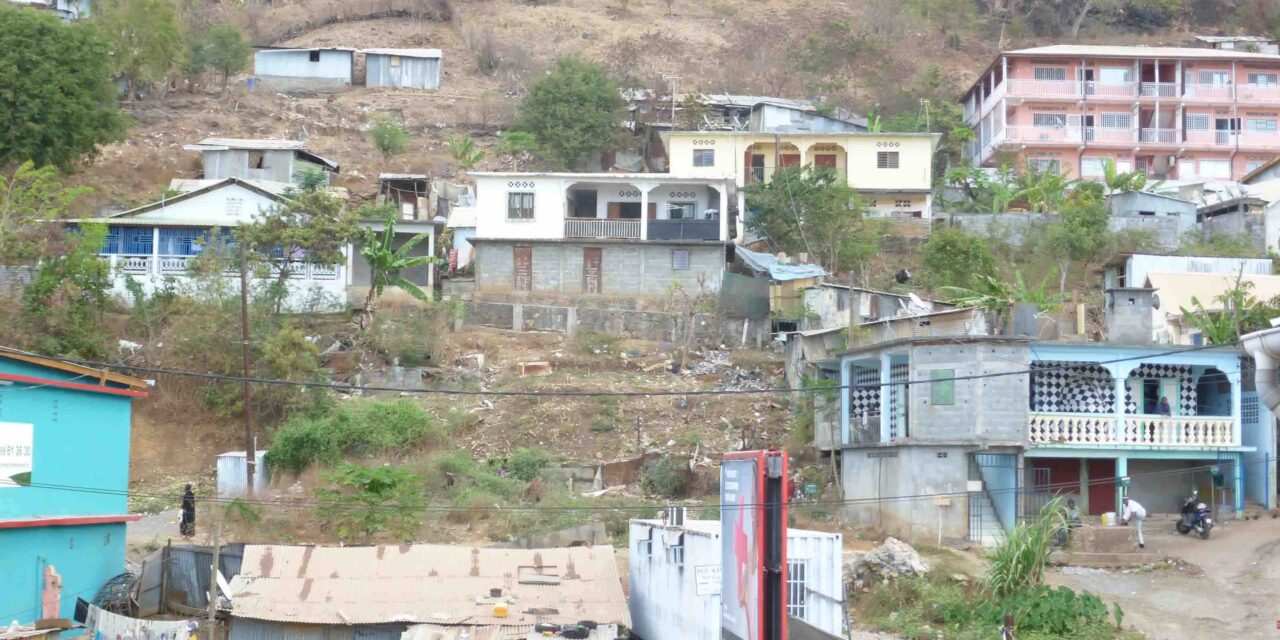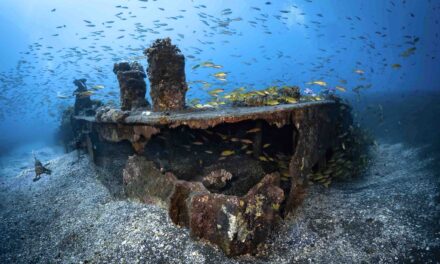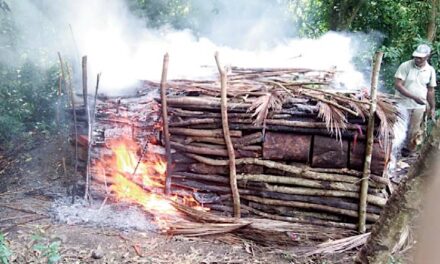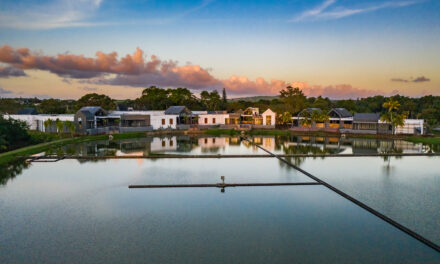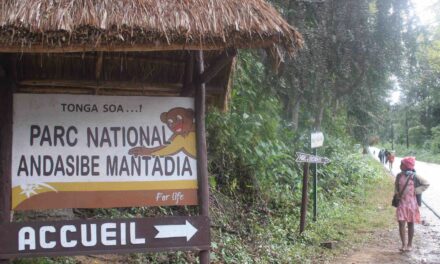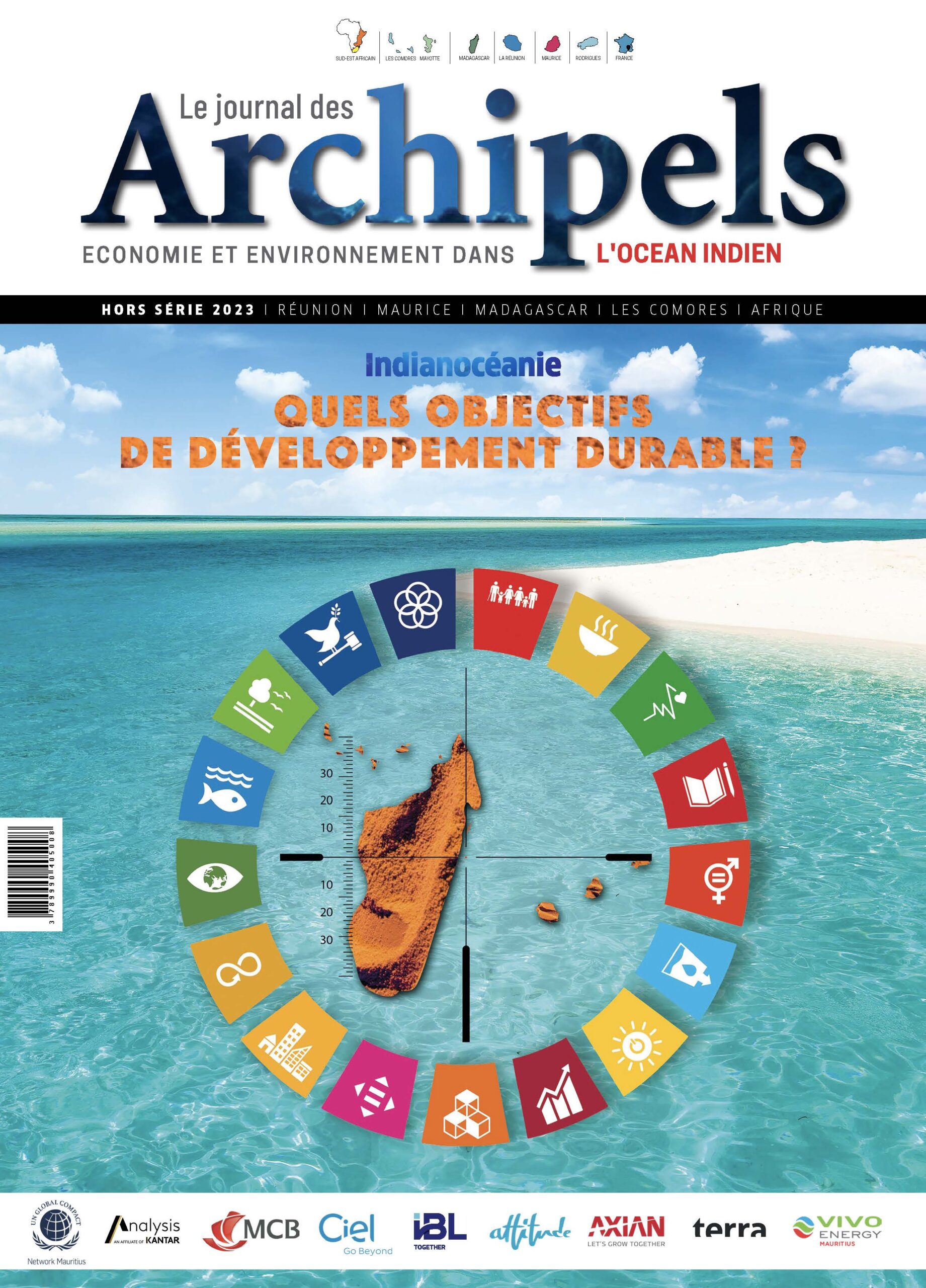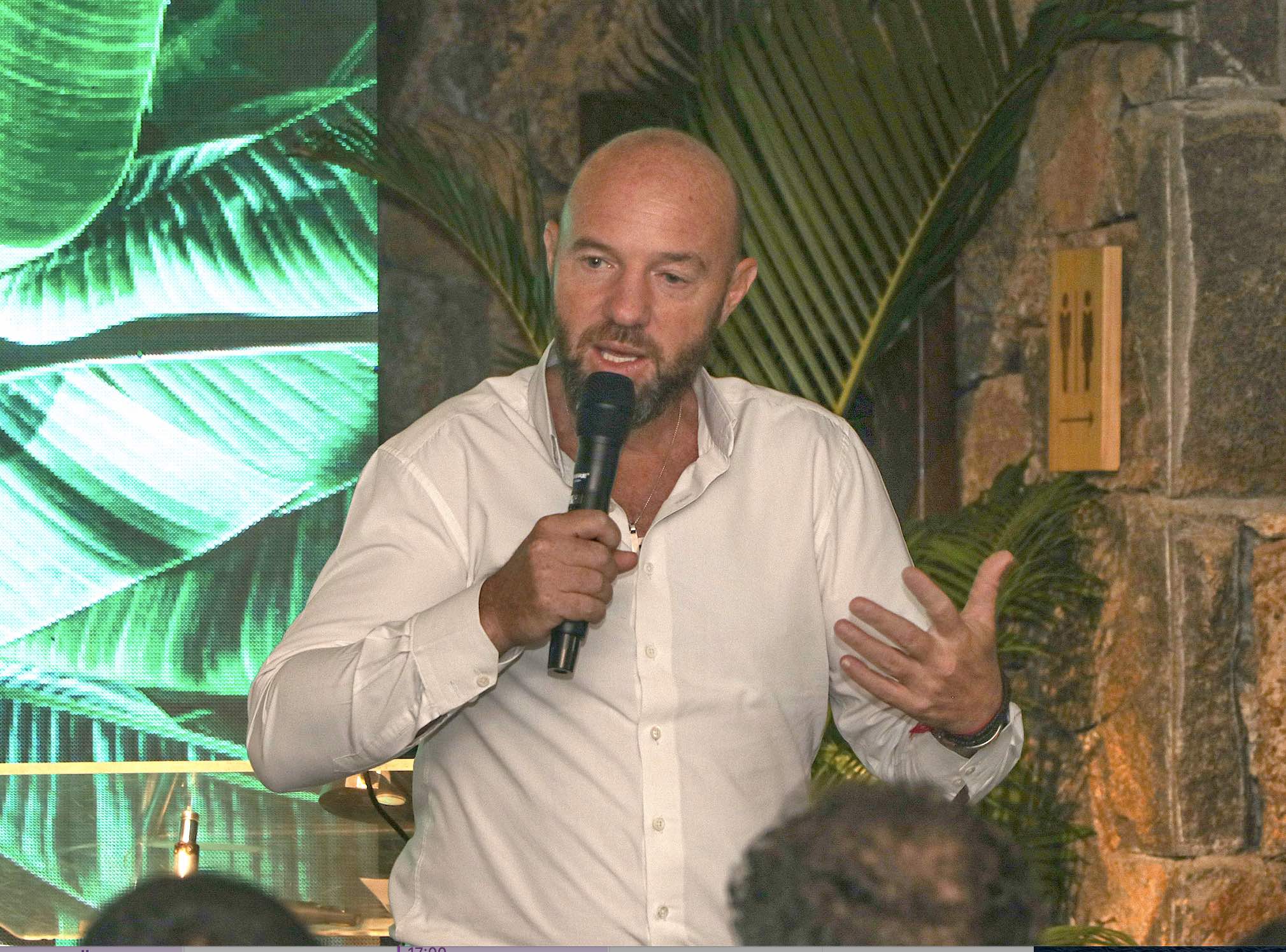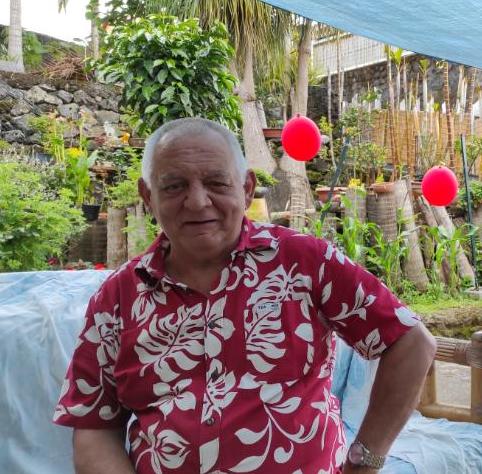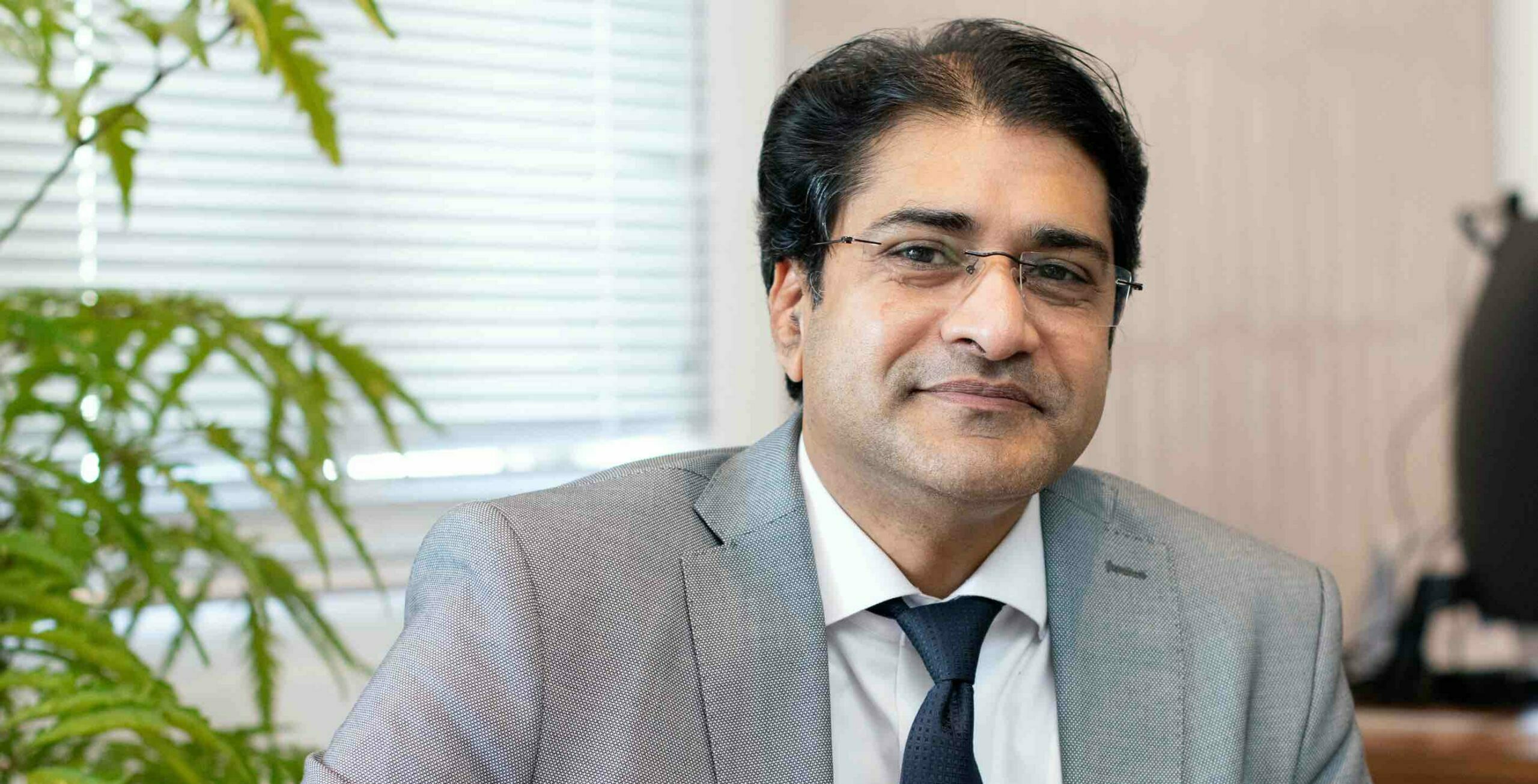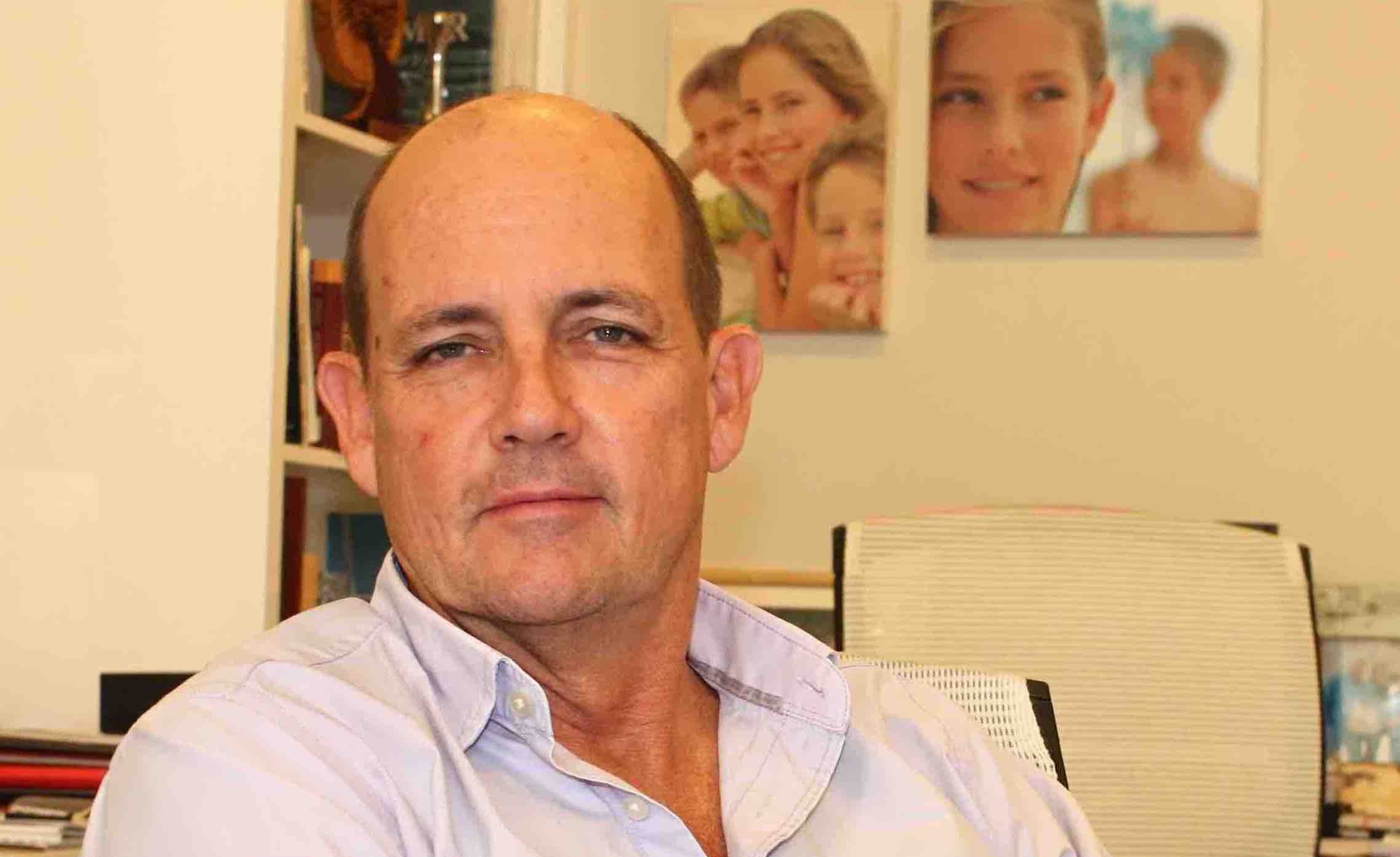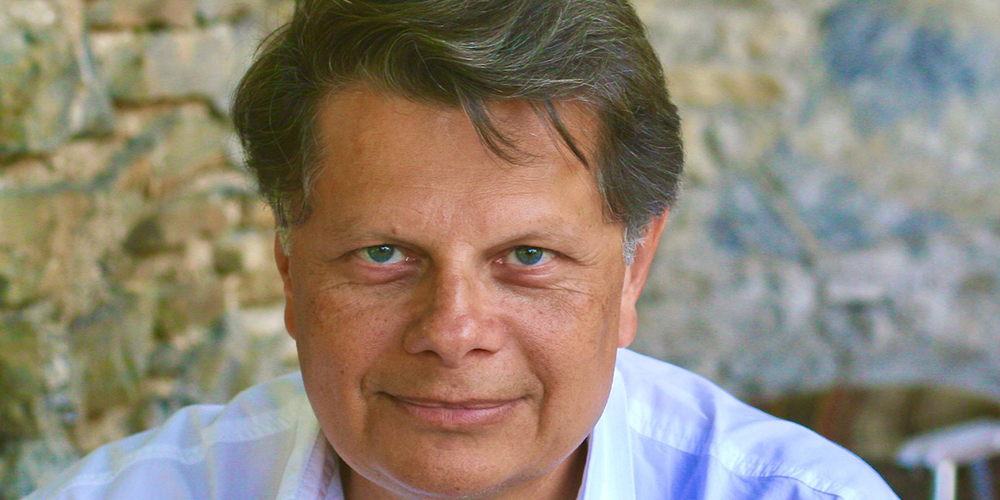Anarchic urbanisation is rapidly degrading the ecosystem of the people of Mayotte. Here a shanty town on the outskirts of Mamoudzou.
This is the proposal of Mansour Kamardine, Deputy for Mayotte, to deal with the environmental emergency in Mayotte. For him: “Global warming, soil degradation, forest destruction, rainwater and wastewater seepage, irregular and uncontrolled urbanisation, insane demographic growth, industrial overfishing: Mayotte’s lifestyle, environment and biodiversity are in mortal danger!
Mayotte is located on one of the 34 hotspots of the world’s biodiversity. Its lagoon, with its 1120 km² surface area and its 195 km coral reef, is one of the most beautiful in the world. It is characterised by the existence of a double barrier reef in its southern part, which has only been recorded 5 times in the world. It contains 25% of the world’s reef biodiversity. The 6 massive forests of Mauritius, divided into humid, mesophilic and sub-humid forests, preserve a rich and endemic fauna. Its primary forest is also one of the few remaining in the region. Its mangroves, real nurseries of the lagoon, are still numerous and distributed in many places of the coast. Mayotte has long been preserved by its distance from the major economic centres and its underdevelopment, and has retained an exceptional environment. Mayotte is indeed a world-class environmental treasure. However, the strong migratory pressure observed in recent years has led to a record population growth of 4%. The consequences for the environment and the living environment are increasing significantly. Anarchic urbanisation and the development of illegal housing, often located in non-constructible areas and classified as natural risks, are very strongly and rapidly degrading the Maoran ecosystem: land erosion, pollution of waterways and the lagoon, deforestation, destruction of mangroves, damage to the biodiversity of natural areas, and the fragmentation of agricultural areas. Moreover, the legitimate desire of the Mahorais to come closer to European standards of living requires major developments of the territory, the increase in energy production, water purification, waste and discharges. We therefore run the risk of leaving our children a territory whose environment and living conditions have been severely degraded.
Dramatic indicators establishing the absolute urgency to mobilise
Currently, 45% of the indigenous flora is threatened with extinction, 300 hectares of forest are destroyed each year, 80% to 90% of wastewater is discharged into the environment and flows into the lagoon without treatment, the waste collection and recovery system, which was implemented recently, is outstripped by the rate of growth in the sector, and 95% of electricity production is thermal. With global warming and rising sea levels, all the indicators in Mayotte are in the red. Furthermore, the birth of the underwater volcano a few hundred metres from Petite-Terre, which places Mayotte under the awe of the world’s scientific community, is an opportunity but also a natural risk that we must take into account when thinking about our development, our urban planning, our infrastructures, and the planning of our territory. This is why, for us, for our children, for the planet ultimately, we must act in a participatory and inclusive way to bring together all the local authorities. I am convinced that we can prevent the deterioration of our living environment and the natural environment of Mayotte, its lagoon and its maritime areas.
I will summon a general assembly for the preservation of the environment
Our duty is to participate actively in achieving the United Nations’ Sustainable Development Goals (SDGs), to which France is a signatory, and the Paris Climate Agreement (COP21) by making Mayotte a zero-carbon, zero-waste, zero-polluting agricultural territory, as defined by the “Overseas 5.0 trajectory” programme, which is unfortunately nothing more than wishful thinking today.
This is why I propose to :
– Systematically reclaim lost rural and urban departmental land areas;
– Reconstruct the destroyed forests by setting up a vast reforestation programme with a minimum of 10,000 trees planted per year for 6 years;
– Set up a public interest grouping (GIP) for urban planning to support the implementation of a “1 construction – 1 land title – 1 building permit” programme in order to formalise construction throughout the department, which is a prerequisite for responsible and sustainable land use;
– Reduce the share of carbon-based energy production by developing solar energy production, in particular by placing solar panels on all new public buildings;
– Switch 100% of EDM’s thermal power stations, which will remain necessary in an energy mix that favours the development of solar energy, to biofuels as is currently being tested at the Badamiers power station, which will make Mayotte a 100% renewable energy territory;
– Switch to zero energy building or positive energy building standards for new or renovated public buildings;
– Ban the importation into Mayotte of any vehicle older than 5 years;
– Drastically reduce the authorisation to use pesticides;
– Support the installation of rainwater harvesting systems by individuals;
– Subsidise the connection of individual houses to the collective sanitation network and the installation of individual sanitation when the collective network is far away;
– Subsidise the installation of solar water heating systems for individuals;
– Develop training in sustainable development professions in Mayotte;
– Develop integration projects contributing to the preservation of the environment;
– Encourage the development of the local fishing industry in the face of industrial fishing in our EEZ;
– Create, as in all the other overseas departments, a water office to provide a better forward-looking vision and take better account of environmental and ecological issues in water management.
In order to implement these proposals, to clarify them and to enrich them, I will convene a general assembly on the environment, to which all the players will be invited, but also associated, in particular through close collaboration with the environmental associations.


